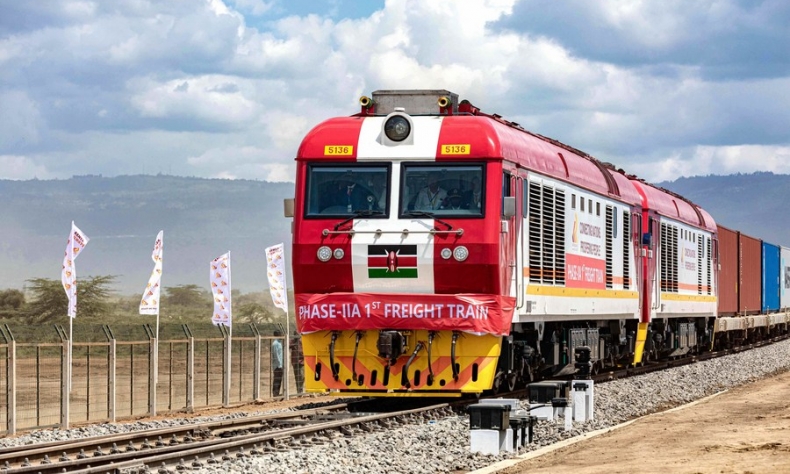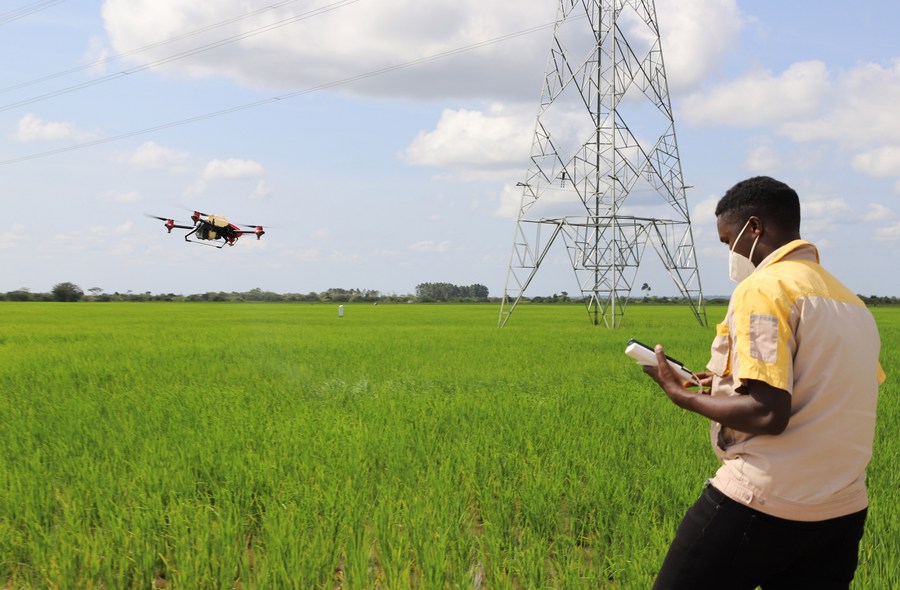China-Africa Relationship Is About Solidarity

To say that China’s work in Africa is only malicious or of bad intent is simply misleading – it is time to recognize the social dynamics of this relationship for what it is: based on equality, fairness, and justice for the global south.
In the first week of 2022, China’s foreign minister Wang Yi wrapped up his tour to Africa, which included visits to Eritrea, Kenya, and Comoros. In Nairobi, Wang spoke of “three objectives,” which included “working with Africa to defeat the pandemic,” “implement the outcomes of the Forum on China-Africa Cooperation (FOCAC),” and “firmly upholding the common interests … In the face of hegemony, bullies, and unilateral acts, China and Africa have the responsibility to jointly practice true multilateralism and safeguard international fairness and justice.”
China’s relationship with Africa is not based on power politics, hegemony, exploitation, or domination, but mutual solidarity, support, and cooperation, with partnerships under the principle of global south-south ties based on a shared experience, worldview, and common interests. This has allowed the diplomatic relationship between China and many African countries to flourish for decades amid shifting geopolitical currents and a world that has changed significantly.
What do China and Africa have in common? It’s difficult to pinpoint immediate similarities. We may have some generic understandings and stereotypes of Africa, and this is misleading as it is not “one” thing. Africa is the world’s second-largest continent and home to over 1 billion people in over 50 countries. These countries are rich in their diversity of cultures, peoples, and geographical climates.
The point is, Africa is huge: It is unknown and poorly misunderstood by the West, yet the “Pan-African identity” is very much real, formed by a historical reality that for all its vastness and diversity, the continent has a shared experience through the legacy of European and Western colonialism, which divided, conquered, and exploited it. This has defined 20th-century African politics through the mantle of striving for independence, national sovereignty, and the dream of development, and the shaking off of the shackles of poverty.

It is this premise that China can empathize with. Although we come from a distant continent and a distant culture, China’s political understanding of the world and historical experience has been remarkably similar to many nations in Africa. In the 1950s and 1960s, this led to a warming of ties under the principle of global south solidarity. China and Africa understand each other and, in many areas, have shared or overlapping national objectives. In this case, the relationship is built on the ideals of support for national sovereignty, non-interference, global south-south solidarity, and mutual development. This is something the West, who colonized Africa, have never been able to understand.
Just last week, the United States struck three countries – Ethiopia, Guinea and Mali – in Africa from its preferential trading program under the grounds that they had “violated human rights.” America’s decision follows the fundamental theme that the West leverages economic privileges for African countries on the premise of interference and political change. China does not, which has bolstered its support as a stable, reliable, and trustworthy partner who helps secure African development on African terms. The participation of African countries in the Belt and Road Initiative is not part of some grand or sinister plot, but a means for China to offer win-win development in the name of solidarity and common opposition to the idea of hegemony.
The West falsely assumes that they are the ones to determine Africa’s best interests, and they have a duty to “protect” the continent from China. However, this is a fallacy. As a result, China’s broad and multilateral relationship with the continent only continues to broaden. This includes building infrastructure, expanding trade and investment ties, delivering vaccines, providing medical aid, educational scholarships, and more. To say that China’s work in Africa is only malicious or of bad intent is simply misleading – it is time to recognize the social dynamics of this relationship for what it is: based on equality, fairness, and justice for the global south.
 Facebook
Facebook
 Twitter
Twitter
 Linkedin
Linkedin
 Google +
Google +







